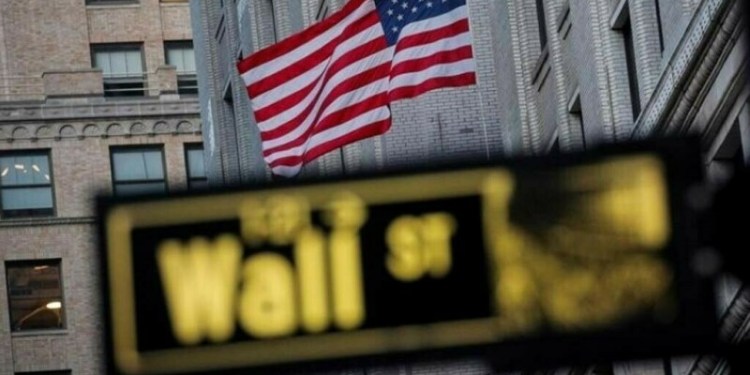By John O’Donnell, Maiya Keidan and Lawrence Delevingne
LONDON/FRANKFURT/NEW YORK (Reuters) – Bridgewater has shown its hand in Europe with a $22 billion bet against some of the continent’s biggest companies, filings reviewed by Reuters show, part of a bigger shift by the world’s largest hedge fund manager.
Although data was not available to show whether Bridgewater holds more European stocks than it “shorts” overall, an investor in the hedge fund firm’s Pure Alpha Major Markets strategy said that its position was slightly net “long” on Feb. 6.
But Bridgewater had reduced that long exposure significantly this year, the investor added.
Bridgewater, which declined to comment on its trading, bets on macro-economic events and has $160 billion under management.
Unlike the United States, where hedge funds are not required to disclose short positions, European rules brought in as a result of the financial crisis require publication once they go above a certain threshold.
Short selling is a mainstay of hedge fund investing and is driven by expectations that shares will fall, which means they can later be repurchased at a lower price to make a profit.
Although the filings do not say when Bridgewater first took out its European short positions, many of its above-threshold disclosures are recent, with some in Germany, Italy and France in the past two weeks.
Bridgewater’s billionaire founder Ray Dalio spoke last month of the end of a buoyant global investment market.
“It just takes a little change in interest rates to have a bear market,” he told CNBC at the World Economic Forum, adding the late part of the cycle may still have quite a way to run.
But in a post on Linkedin this week, he wrote: “Recent spurts in stimulations, growth, and wage numbers signaled that the cycle is a bit ahead of where I thought it was.”
CHEAP HEDGE?
The European filings show Bridgewater has bet against firms ranging from Anglo-Dutch consumer giant Unilever (L:) to French oil group Total (PA:), and from Deutsche Bank (DE:) and German industrial group Siemens (DE:) to Italian bank Intesa (MI:).
The group’s short positions have emerged piecemeal in a series of filings that were made public throughout January and February, although Bridgewater will likely have built up its trades in advance of those announcements.
Bridgewater is not known for picking individual stocks and James Helliwell, chief investment strategist and director of the Lex van Dam Trading Academy, said he thought the manager’s position was the result of a view on the wider economy.
“Whilst the extent to which it may be an outright short bet is uncertain, I suspect that it was seen as a relatively cheap hedge against existing global equity exposure.”
A London-based equity sales trader at a large U.S. bank said the shorts could just be a bet on fund outflows as volatility increases – which could explain why there are fewer Bridgewater shorts on the UK market – as UK stocks are very under-owned.
Bridgewater’s short positions amount to more than $4.5 billion in France and top $7.3 billion in Germany, while in Spain its shorts in four groups amount to almost 1.4 billion euros ($1.7 billion) and in Italy include Unicredit (MI:) and Enel (MI:).
Stock markets, after years of steady increases, wobbled last week amid concern that central banks, which have printed money and cut interest rates to bolster economic activity following the financial crisis, will pare back their support.
Bridgewater’s portfolio is fluid and it has been adjusting its trades, cutting back on shorts in the Netherlands, Spain and Ireland, while increasing them in Germany and Italy, the data reviewed by Reuters shows.
Bridgewater is not alone in its cautious stance, with BG Master Fund, based in Dublin, last week disclosing a 0.4 percent short position against German lender Commerzbank (DE:), while London-based Marshall Wace has made similar bets across Europe.
Source: Investing.com




























